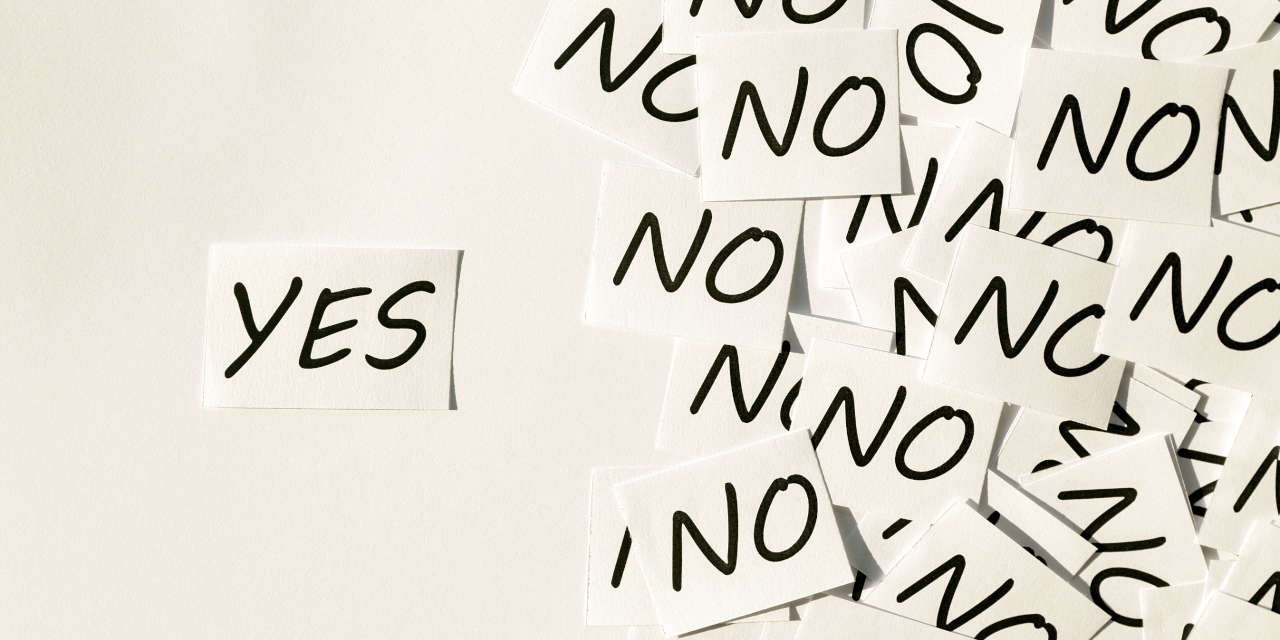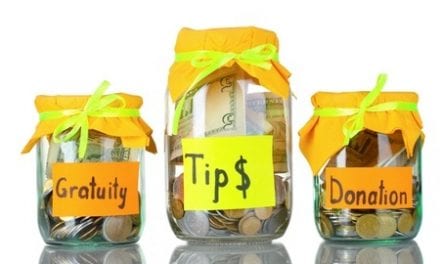By Steve Moran
After spending the summer mostly off the road, I am in the middle of weekly travel — lots of conferences, hotels, Ubers, restaurants, and the like. This means lots and lots of interactions with people who can say no or yes.
I try to not make many demands and to never make unreasonable demands.
I was recently at a conference where I made a couple of pretty simple requests of staff, and the immediate response was NO. They said no because it was easier for them than saying yes. But it is actually a bigger problem than that.
- They said no because their culture taught them that saying no was acceptable, maybe even preferable to saying yes.
- They knew their boss, their leader would support them saying no, either backing up their unreasonableness or excusing it.
How I Think About the Organization
In my case, these nos will not stop me from coming to the conference, but it will cause me to operate under the principle that it is better to ask forgiveness rather than permission. Some more context: The requests I made were directly related to making content, and saying yes would have benefited the conference as much as Foresight.
I will continue attending, but it makes me think a little less of the conference and a lot less of the individuals who said no — individuals who might find a time they need something from me.
Senior Living and Yes
The challenge senior living and really all businesses face is that no is always easier than yes for people who work in the businesses. And the nos are mostly over little things that seem to be insignificant, or they feel so big that the no should be obvious.
But think for a minute about how you feel when someone says no when you make simple or even not so simple requests. Likely you feel stupid or mad or both.
It is worth talking to your teams about how to be a yes culture — one that figures out how to make things work for the person making the request. Most of the time saying yes is not that big a deal, and it says you care.
Ultimately the nos I got were strong messages that they simply didn’t care about me or my needs. I wasn’t important enough, valuable enough. They didn’t need me; it was easier to say no.
The biggest problem with saying no is that people like you less, they like your business less. They are less likely to say nice things about you, your leaders, and your communities.
Your purveyors of no can hurt your occupancy.







